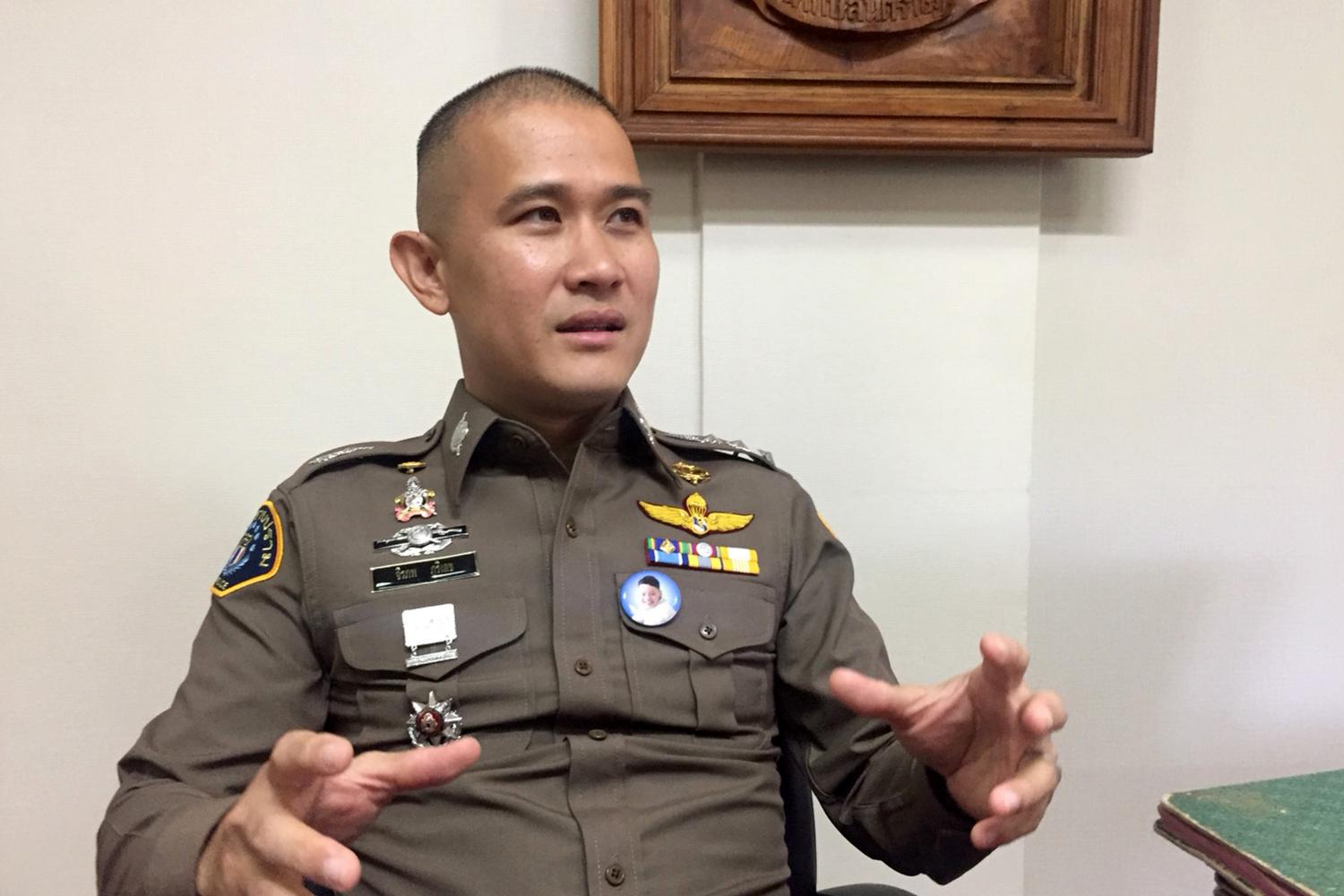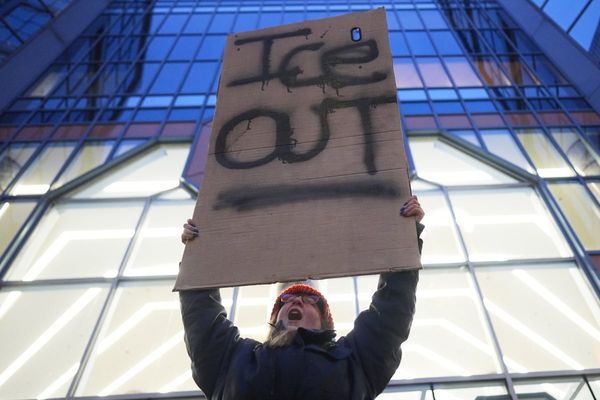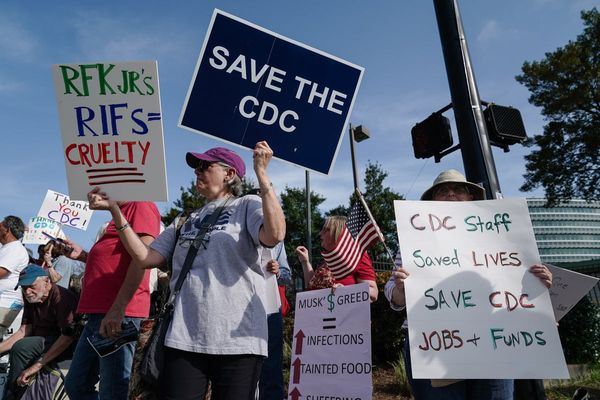
Recent sexual harassment accusations against a high-profile politician have stunned the public. Not only was the man at the centre of the scandal a promising politician, the case is being seen as a landmark case after several women resisted pressure to stay quiet and made their allegations public.
Karnokrut Thampanichawat, who runs the "Biedie Karnokrut Thampanichawat" Facebook page that offers legal counselling, wrote that while the public may have questions about sexual assault cases, they must steer clear of the temptation to blame the victim.

"The public doesn't have to believe the victims in every case right away. But they must not victim-blame. Nor should they suggest or imply that victims brought the crime upon themselves. The practice not only lessens the impact of the but crime also devalues the testimony of the victims," she said.
Her message comes amid an extensive public debate about the scandal that has engulfed former Democrat MP Prinn Panitchpakdi.
"When accusations are made against a high-profile figure, some people's first reaction is scepticism," said Ms Karnokrut.
While Pol Lt Col Krisanaphong Poothakool, Assistant to the President and Chairman, the Faculty of Criminology and Justice Administration, Rangsit University, did not wish to discuss any specific case, he said there have been many studies into the nature and motivation of sex offenders.

Upbringing and education are factors that can influence people's behaviour, he said.
"To be clear, I'm discussing the criminological aspects of some sex offenders who are seen as having had a good education. We may also have to look at family relations which can shape their behaviour.
"If their families were very strict, it is possible that they could become unruly as grown-ups. If they are raised in a democratic environment, they are likely to be respectful to the laws and people's opinions. But I can't discuss this case because I don't have information," he said.
Central Investigation Bureau (CIB) commissioner Pol Lt Gen Jirabhop Bhuridej said the CIB has studied the characteristics of sexual offenders and risk factors that influence the development of illegal sexual behaviour.
The findings show that a combination of factors contribute to the risk and the suspects come from a diverse range of backgrounds.
"When discussing sex crimes, people tend to think about attacks by strangers, but data shows over 80% of sexual assaults are committed by people known or close to the victims.
"More than 80% of rapes are committed by people with whom the victims are acquainted, be it socially or romantically, or member of their own family," he said.
Women aged 18-24 are most at risk, particularly if drinking or drug use is involved, he said.
Pol Lt Gen Jirabhop said that unreported cases may mean that official figures are a underrepresentation of the scale of the problem. Fear of intimidation, being blamed or embarrassment are usually the main reason cited by victims who initially chose not to report their assailant.
The CIB chief said he wanted it to be clear that any information reported about such crimes will be kept strictly confidential.
In terms of investigation and prosecution, he said forensic medical examination of both the victims and the alleged perpetrators are crucial and the sooner this is carried out, the more likely police are to find physical evidence that can be presented in a prosecution.
"If a sexual assault took place many days earlier, the physical evidence of an attack may no longer exist or be detectable.
"However, chat messages, surveillance camera footage, witnesses and other circumstantial evidence can still be used to prosecute," he said.
If sexual assault accusations are made by several people and their statements are consistent, this can also be used as evidence in a trial, he added.
Meanwhile, Ms Karnokrut said the judicial system must ensure that victims have access to support and counselling for both their own well-being and ensure they remain committed to pursuing their case despite the additional stress that court hearings can cause.
"Investigators and other officials should be aware of the nature of this type of crime and do their best to avoid asking highly sensitive questions," she added.
She said that victim blaming often involved unrelated, but commonly held, social beliefs (for example, what the victims were wearing), questioning their choice of profession (especially when sex workers or entertainers are the victim) or focusing on the social statuses of those involved.
"Victims of sex crimes, regardless of their gender and the circumstances of their assault, should not have to apologise. It is important that we don't foster a culture where victims are allowed to blame themselves and feel too ashamed to come forward and stand up for themselves.
"And there is nothing wrong if they feel uncomfortable discussing the details. We must pursue justice while acknowledging that their feelings are the most important thing," she said.
Contact Crime Track: www.crimetrack@bangkokpost.co.th







